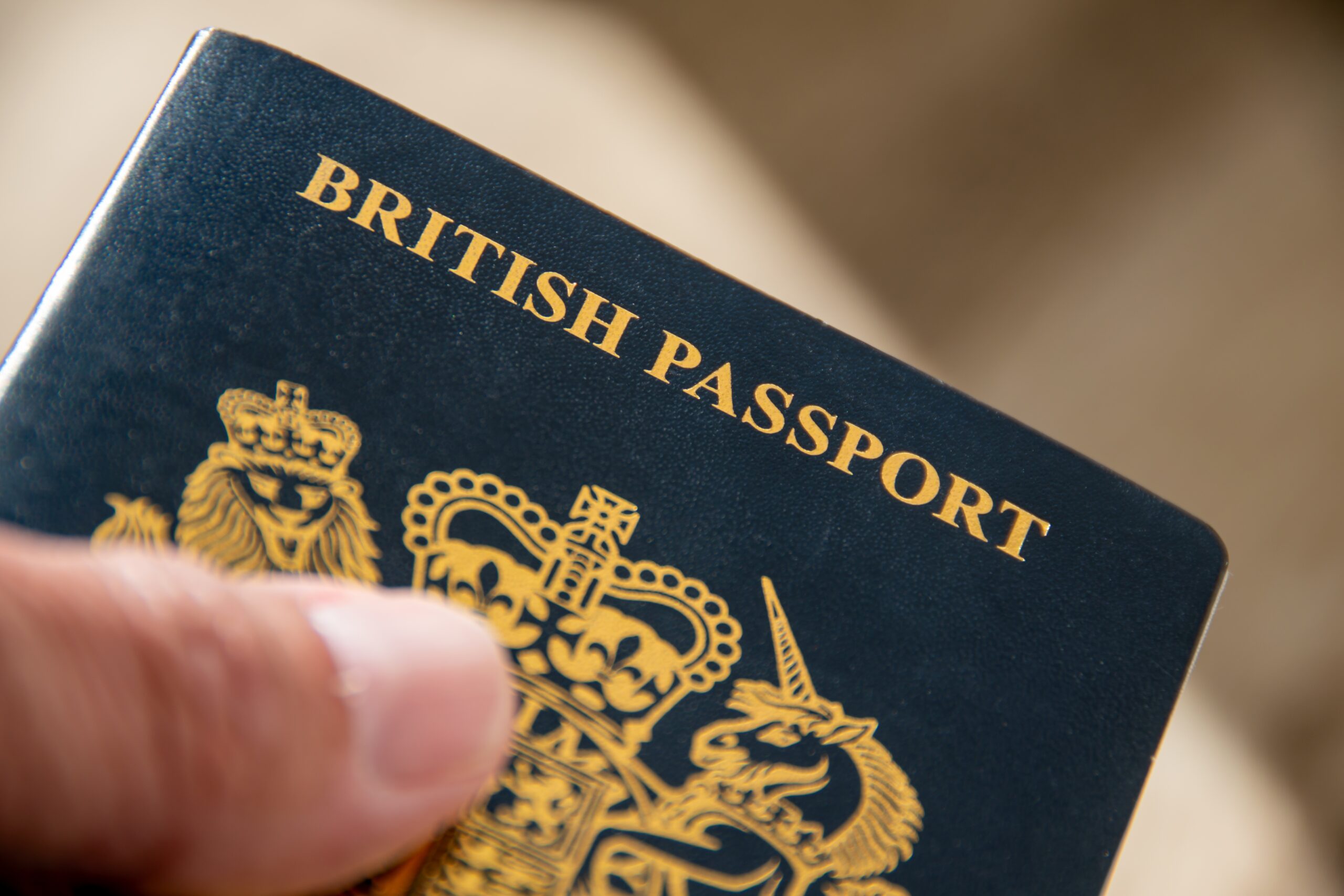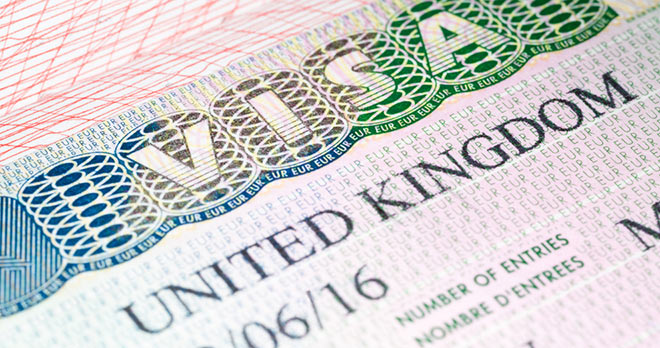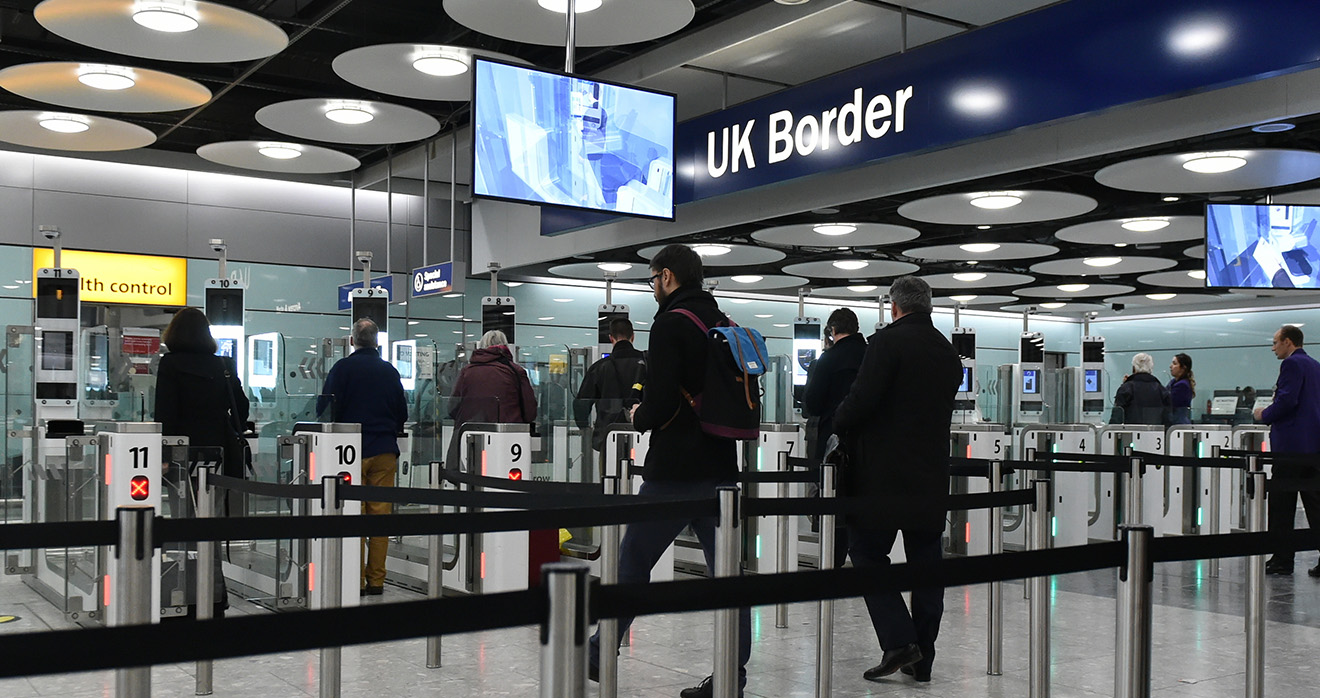Major restrictions on UK settlement for Skilled Workers announced by the Home Office

In the ever-changing landscape of UK business immigration the Home Secretary recently announced a series of dramatic reforms concerning the rights of foreign nationals on various temporary visa schemes to acquire Indefinite Leave to Remain (ILR).
For individuals on visa routes with pathways to ILR the current general rule is that ILR can be achieved following five completed years of lawful residency.
In her speech to the Commons on 20 November, the Home Secretary announced that a combination of historic abuse of the system and a surge in numbers of arrivals who are not considered “net economic contributors” has prompted the need to make the conditions for ILR significantly more stringent. According to the proposals, the five-year qualification period does not sufficiently demonstrate that individuals have “earned” the right to settle permanently.
What are the new restrictions on Skilled Workers?
Special mention was made of so called “lower qualified workers” on health and social care visas and their dependents, who will be subject to a new qualification period of 15 years’ lawful residency before they can apply for ILR.
Other tests that ILR applicants will need to satisfy will include:
- the need to demonstrate a clean criminal record;
- the need to speak English to A-Level standard;
- the need to demonstrate sustained National Insurance contributions; and
- the need to be debt free.
Further consultation will consider certain cohorts of special interest such as the rights of children, members of the armed forces and victims of certain crimes. It will also consider whether state benefits should only be available to those with British Citizenship and not those with ordinary ILR.
What will be the implications of these changes?
Whilst the Home Secretary has made assurances that there are no plans to remove anyone’s existing settled status, she has also indicated that these rules will apply to everyone currently in the UK who has not yet received ILR, meaning that for all those currently on a route to settlement, these changes will effectively be retroactive. Although the government is seeking views on whether or not some transitional arrangements should be put in place, which may offer some hope that the five-year qualification period might remain in place temporarily for certain people.
The implications of these changes are significant and will have an enormous impact on those in the UK expecting ILR after five years. The government’s objective here is clearly to reduce the number of people coming to the UK on business related routes with these reforms essentially acting as deterrents. Whether or not this will have the desired effect remains to be seen.
Anyone who is coming towards the end of their existing qualification period is advised to, if possible, apply for ILR before April 2026.
The consultation process on these changes is currently open and will conclude on 12 February with the changes coming into effect from April. Interested parties who wish to let their views known to the Home Office as part of the consultation process can do so through the consultation form here: Home Office Consultation on Earned Settlement.
Contact our team:
Looking for advice on Employment & Immigration rules? Please contact a member of the Employment & Immigration Team:










